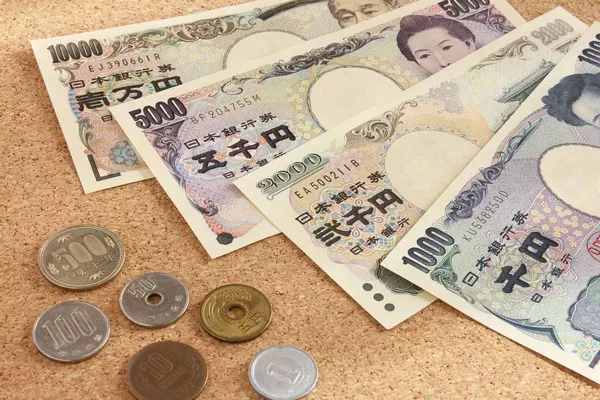The Japanese yen has long been recognized as one of the major currencies in the global financial market. However, in recent years, its value has been relatively low compared to other major currencies like the US dollar or the euro. This phenomenon has significant implications for Japan’s economy and its position in the international financial landscape. In this article, we delve into the various factors contributing to the low value of the Japanese yen.
6 Factors Behind the Low Value of the Japanese Yen
1. Economic Policy and Monetary Stimulus:
One of the key factors influencing the value of the Japanese yen is the monetary policy pursued by the Bank of Japan (BOJ). In response to economic challenges such as deflation and sluggish growth, the BOJ has implemented aggressive monetary stimulus measures, including quantitative easing and negative interest rates. These policies aim to boost economic activity, increase inflation, and spur lending and investment. However, they also tend to weaken the yen by increasing its supply in the market.
2. Trade Imbalances and Current Account Surplus:
Japan has historically maintained a significant current account surplus, meaning that its exports exceed its imports. While this surplus reflects the competitiveness of Japanese goods and services in the global market, it also leads to a surplus of yen in international markets. When foreign countries purchase Japanese exports, they need to convert their currency into yen, increasing demand for the yen and thus strengthening its value. However, Japan’s current account surplus has been declining in recent years due to factors such as demographic changes, which could contribute to the yen’s relatively low value.
3. Interest Rate Differentials:
Interest rate differentials between Japan and other major economies can also influence the value of the yen. In response to economic conditions, central banks adjust interest rates to stimulate or cool down their respective economies. Historically, Japan has maintained low-interest rates compared to countries like the United States, which has tended to weaken the yen relative to the dollar. Investors may seek higher returns in countries with higher interest rates, leading to capital outflows from Japan and further depreciation of the yen.
4. Political and Geopolitical Factors:
Political and geopolitical developments can also impact currency values, including that of the Japanese yen. Uncertainty or instability in Japan or the broader Asia-Pacific region may lead to capital flight as investors seek safer havens for their assets. Additionally, trade tensions between Japan and its trading partners, particularly the United States and China, can affect investor confidence and currency flows. For instance, threats of tariffs or trade restrictions can dampen sentiment towards the yen and contribute to its depreciation.
5. Global Economic Trends and Risk Appetite:
The value of the Japanese yen is also influenced by broader global economic trends and investor sentiment. During times of economic uncertainty or market volatility, investors often seek safe-haven assets such as the US dollar, Swiss franc, or Japanese yen. This flight to safety can temporarily strengthen the yen, as investors sell riskier assets and convert their holdings into yen. Conversely, during periods of economic optimism or risk-on sentiment, investors may favor higher-yielding currencies or assets, leading to yen depreciation.
6. Structural Factors and Demographic Challenges:
Japan faces unique structural and demographic challenges that can weigh on the value of its currency. An aging population and declining workforce could impact long-term economic growth prospects and investor confidence. Moreover, Japan’s high level of public debt relative to its GDP raises concerns about fiscal sustainability and could undermine confidence in the yen over time. Addressing these structural issues will be crucial for enhancing the competitiveness and value of the Japanese yen in the long run.
See Also: Does South Korea Accept Japanese Yen?
Conclusion:
The low value of the Japanese yen is influenced by a complex interplay of economic, monetary, political, and structural factors. While monetary stimulus measures and trade dynamics play significant roles, broader global economic trends and investor sentiment also contribute to yen fluctuations. Addressing Japan’s structural challenges and pursuing prudent economic policies will be essential for bolstering the yen’s value and ensuring its stability in the international financial system.


